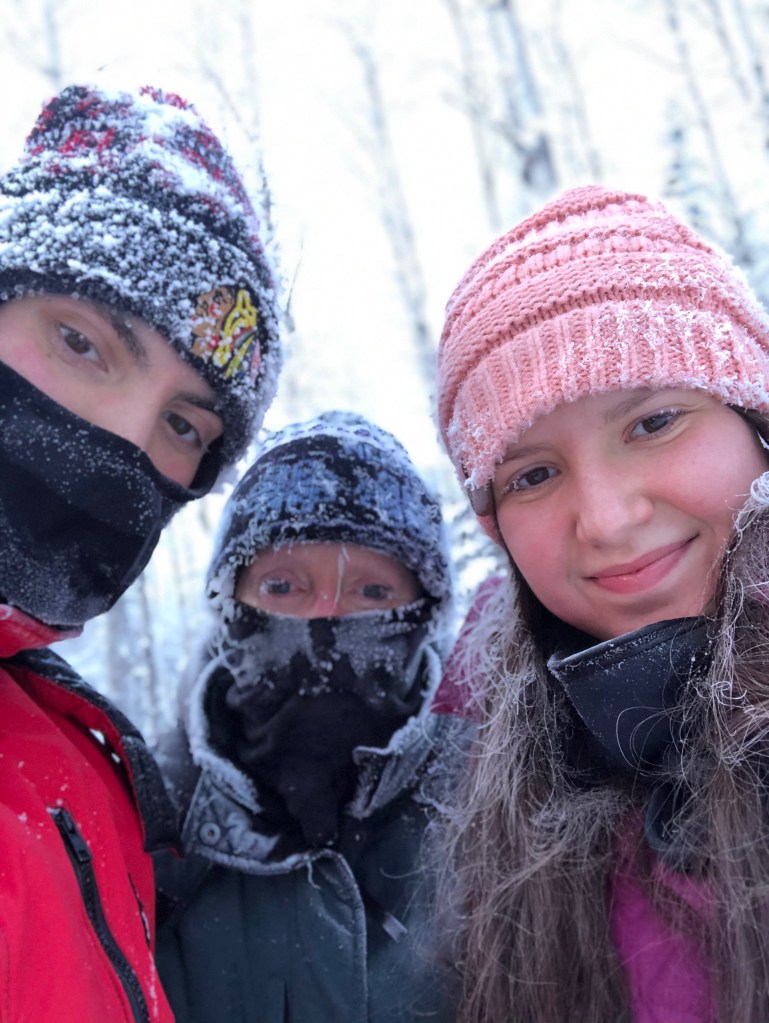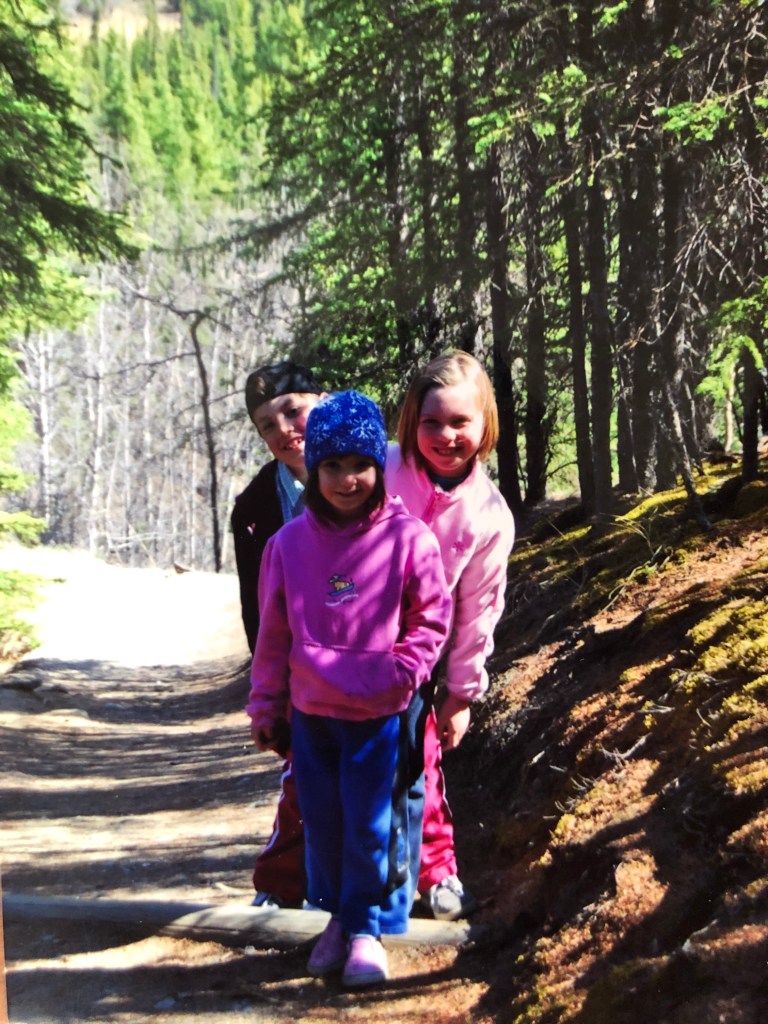In the Far North, it is called “Termination Dust.” It comes early to Alaska and settles in the hills, a powdery shimmer of snow in late autumn that tells us the gentler seasons are over. Much sooner than in most places, there is a brittleness in the air. The light angles low and golden through the spruces. It won’t be long before the real snow arrives.
When it comes, it does so formidably. Overnight, the mercury plummets to 200 below. It snows and snows and snows. By morning, the landscape is transformed. A heavy blanket swells and obscures familiar shapes, hushing sounds, muffling intrusions. The light at midday is metallic. The sun follows a shallow arc above the Alaska Range before it quickly sets again.

It is easy to be disenchanted when December brings barely three and a half hours of daylight. Nine months of winter stretch long. Particularly this year, when Covid has put our nerves on edge and separations have lasted too long, we forget the pleasures winter can bring. A birch forest lays still and crackling, punctuated only by the laughter of a couple of friends as we follow a snowy trail. Routines have been upended, work interrupted, colleges shut down. But we can still remember the contentment of a game of pond hockey. The brevity of the day has to be taken advantage of. That is the season’s only condition.

The winter solstice is upon us with the longest night of the year. Before long the seasons will trade places again. While the evenings still come early, we have time to read Jhumpa Lahiri’s new book by the fireplace. There is time yet to learn how to play a Bach sonata on the piano. Or to perfect the recipe for Hungarian mushroom soup from Bon Appetit.
In winters to come, long after the world has shed their masks and Covid is a distant memory, we will continue to mask up in Alaska. It’s about practicalities up here. Without a mouth covering, the hairs in our nostrils tickle as they freeze. It makes us smile. Perhaps it is winter’s way of telling us to take it all in stride.




